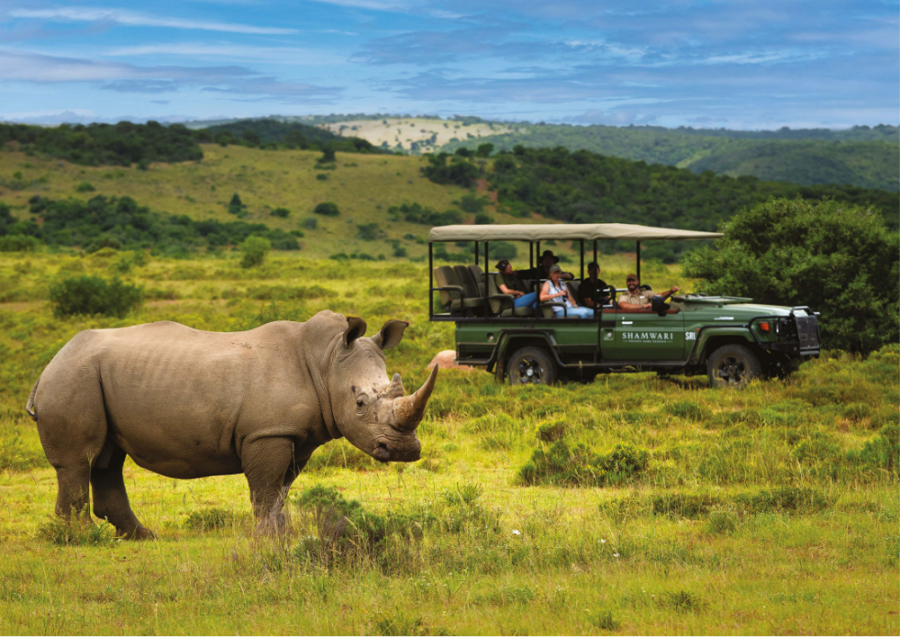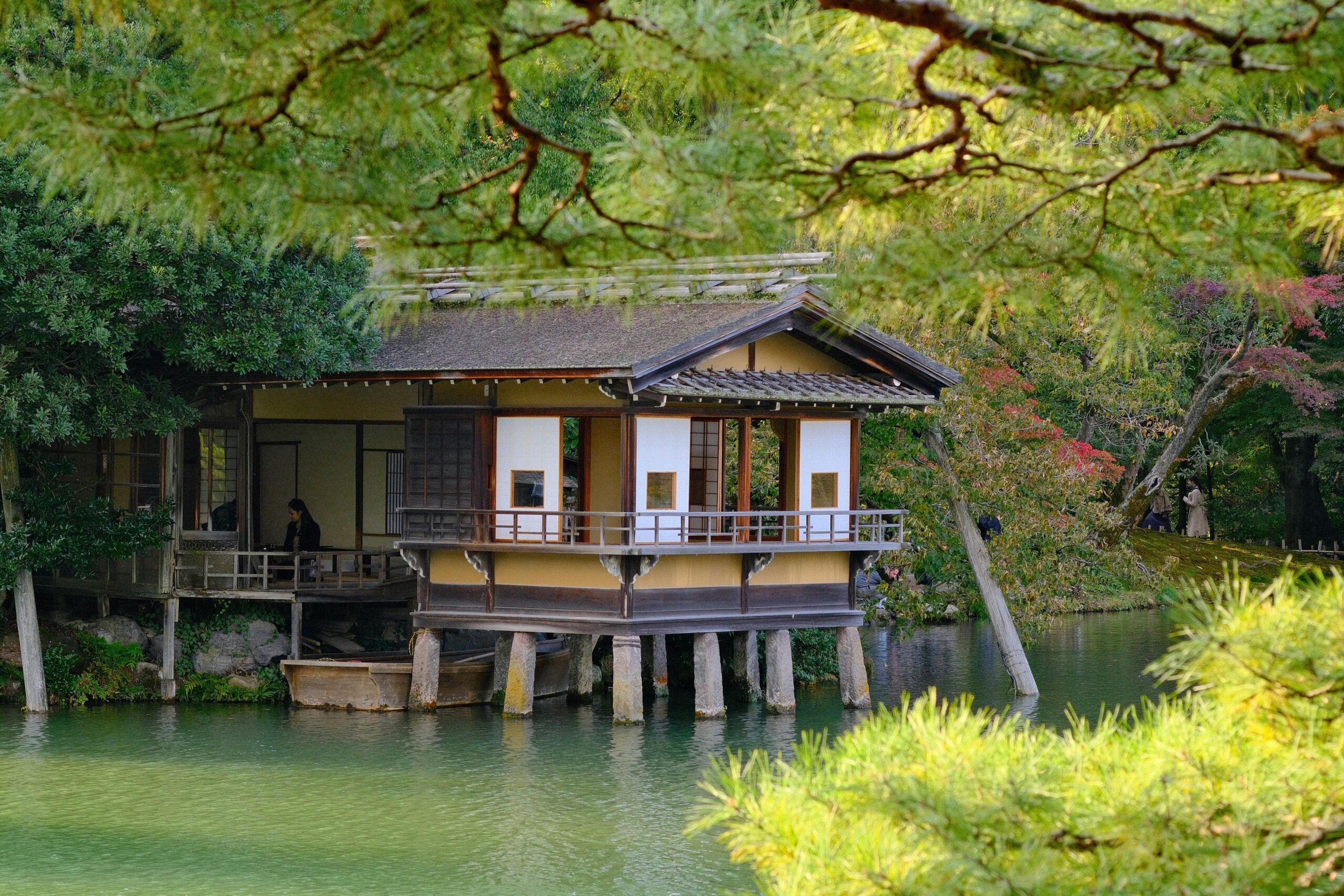Whether you want to tour Iceland, wander the old towns of Montenegro or hit the beach in Cinque Terre, our Travel team has the expertise to find you the right flights, hotels and restaurants. Not only are bookings flexible and refundable, but having staff on the ground throughout these European destinations allows us to provide an extra level of support to our members. Become a member to discover how else you can benefit from our travel team in 2021.

Iceland
Famous for: awe-inspiring geothermal and geological features. The financial crisis of 2008. Waterfalls. Björk.
This island of mountains, glaciers and geological formations that beggar belief has seen its tourism stock rise, playing to the strengths of its photogenic landscapes. Home to the 8,000km² Vatnajökull ice cap – Europe’s second largest – as well as abundant hot springs that heat local homes and a relatively mild climate due to the Gulf Stream, this volcanic land settled by the Vikings defies categorisation.
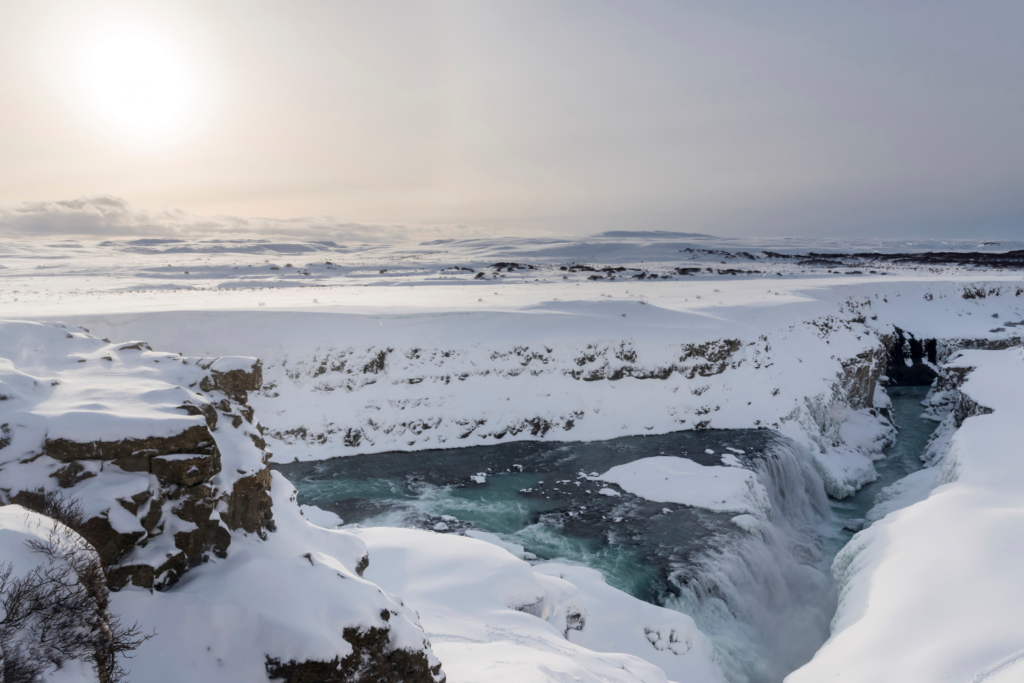
International flights touch down in Reykjavík, the seat of the world’s oldest democracy, which illustrates the country’s Scandinavian links with its colourful facades, sophisticated cuisine and famous music scene. Clearly inspired by the moody scenery, Iceland’s musical exports range from the melancholic Sigur Rós and Of Monsters and Men to electro-maven Björk and The Sugarcubes.
The Golden Circle awaits though, so hit the road to this 300km circuit of highlights, including Þingvellir’s rocky cliffs and tectonic fissures, Gullfoss waterfall and geothermal Haukadalur’s mud pots, translucent pools and spouting geysers.

Further afield, Route 1 circles the island, with views of crashing waves, sparkling glaciers, snowy mountains, and fishing villages hunched against the wind. Stop to admire dramatic sights such as Skógafoss, a waterfall thundering 62m from a knife-edge ridge, and black-sand Reynisfjara beach, backed by a stack of basalt columns. From its remote peninsulas to its frozen lava flows, this land of fire and ice forever reminds members who visit of the many moods of nature in its wildest form.
Visit the Icelandic Tourist Board website here.
Montenegro
Why go: scenic coastline for seaside relaxation and mountainous interior for outdoor activities.
The mountains meet the Adriatic in this tiny corner of the Balkans, where less than 300km of coastline pack in sights such as the fjord-like Bay of Kotor. The bay is home to the fortified towns of Kotor and Herceg Novi, recalling Montenegro’s eventful history on the border between east and west, including centuries of Ottoman rule and 50 years as a non-aligned communist state. Also here is the 17th-century island church of Gospa od Škrpjela (Our Lady of the Rocks), where locals still drop stones to maintain the artificial islet around a rock where an icon of the Madonna was found.
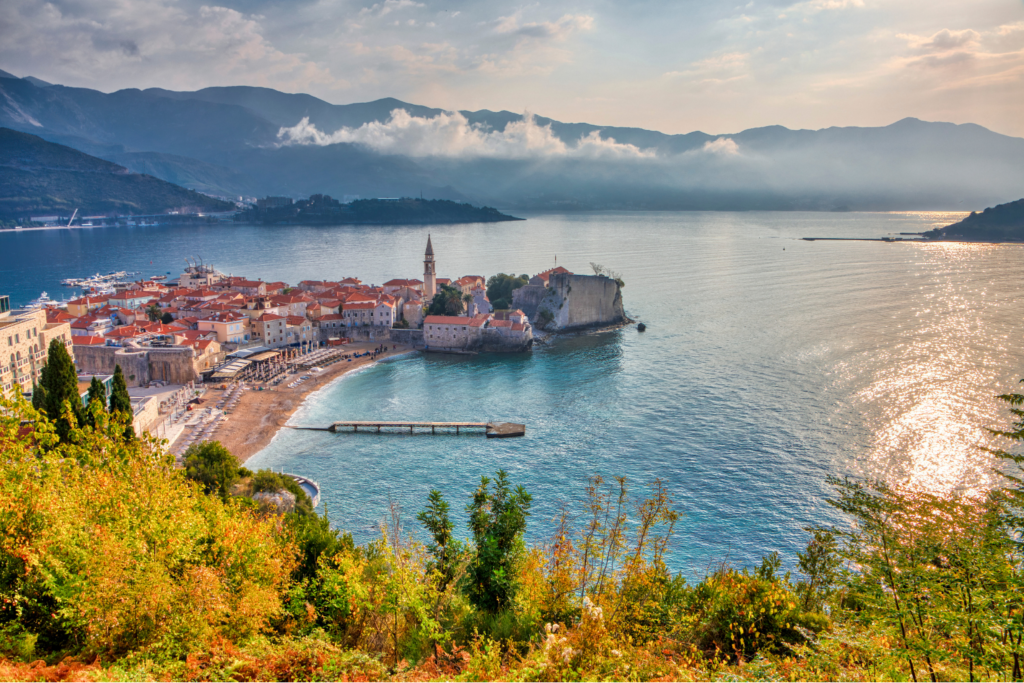
Elsewhere on the coast are sandy beaches for sunbathing, rocky coves for kayaking and SUP, and the Dubrovnik-like stari grads (old towns) of Budva and Ulcinj. It’s easy to get waylaid by the coast’s inviting resorts and the restaurants serving seafood, hearty Montenegrin cuisine and Italian-style dishes. However, to read the other half of the story, head inland to the vast Lake Skadar, with its floating water-lily meadows and muscly green banks bordering Albania, and continue into the mountains.
The Montenegrin hinterland is home to wildernesses such as Durmitor National Park, where wolves and bears inhabit the thick forests, and rafters tackle the rapids of Tara Canyon, just 200m shallower than the Grand Canyon. Watched over by Medjed (bear) peak (2,287m), Black Lake is one of 18 glacial lakes known as gorske oči (mountain eyes) in the Durmitor range, while the Montenegrins have added more lyricism with the cliffside Ostrog Monastery. With activities, adventure, beaches and history, Montenegro certainly punches above its small size.
Visit the Montenegro Tourist Board website here.

The Italian Riviera and Cinque Terre
Classic dish: pesto alla Genovese, featuring local basil leaves, garlic, sea salt, olive oil, pine nuts, and Parmigiano-Reggiano and pecorino cheeses, served with pasta, string beans and potatoes.
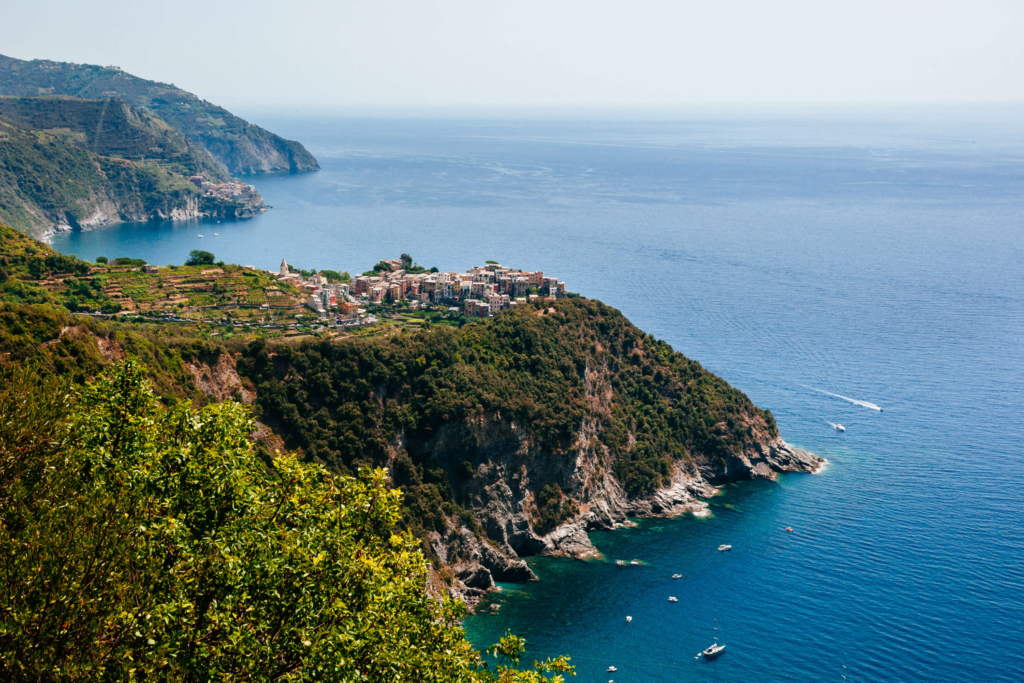
An equally lovely continuation of its French counterpart, the Italian Riviera cradles the Ligurian Sea around the medieval harbour of Genoa, known locally as la superba. The nickname is no exaggeration, and it applies equally to the UNESCO-listed Cinque Terre, the string of five historic fishing villages at this region’s heart. The names alone of Riomaggiore, Manarola, Corniglia, Vernazza and Monterosso evoke all the passion and eccentricity of rural Italy, where colourful boats bob in the bays, old-timers doze outside cafes, and mopeds sputter down cobbled streets. These chocolate-box-pretty villages fulfil all these ideals and more with their pastel houses perched atop cliffs and tumbling down steep slopes to the sea.
Getting there is half the adventure, whether by train or foot along the mountainous coastline or by yacht or ferry, and it makes you appreciate how isolated the villages once were. All offer the same pleasures of sipping local Sciacchetrà wine and nibbling focaccia in the sun; other experiences include Manarola’s waterfront promenade, Monterosso beach, photographing all five villages from Corniglia’s hilltop lookout, and climbing the caruggi (lanes and stairs) from Vernazza’s Piazza Marconi.

Elsewhere on the Italian Riviera, the vertiginous coastline at the meeting of the Alps, the Apennines and the Med rolls on past unpretentious seaside towns such as Sestri Levante. From exploring old hill churches to enjoying gelato on the beach, it’s an authentic holiday destination in the Italian sun that is sure to be a hit with you and your loved ones.
Visit the Italian Tourist Board website here.
If 2020 has left you wanting to travel further afield than these European destinations in 2021, why not follow in the footsteps of some of the world’s most seasoned explorers and visit the once-in-a-lifetime Northwest Passage? Discover more here.

